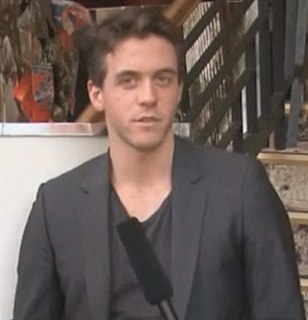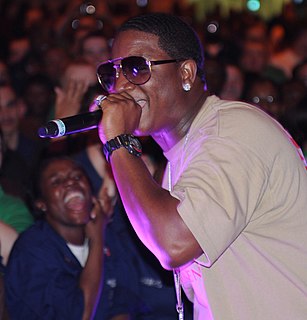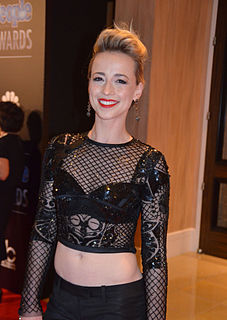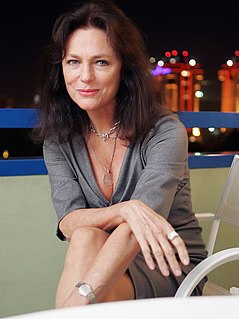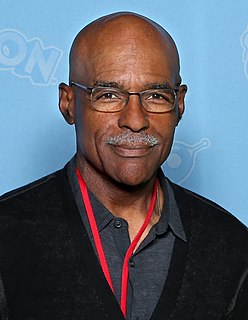A Quote by Mitchell Hurwitz
There was so much talk about the movie and we thought, "Wouldn't it be great to still do the movie, but to give everybody this thing they didn't see coming?" Even with the number of episodes, it was reported that there was going to be 10 episodes, and then there was talk about adding more.
Related Quotes
If the movie is terrible you can have fun. You can joke about it and have a ball. The movie is already sort of established as a kind of extraordinary piece of work even though it hasn't opened yet to the public. It is harder because you can't go against it and you can't be interesting. You have to go with the flow. Although one is very happy to be in it, it is sort of hard to talk about it. It is hard to talk about successful. It is much easier to talk about failure.
So we [with Chris Ellis] did [Fresh Hell], and we did the first five episodes as a lark, just to see if anybody would respond or be interested, and we got enough feedback that was positive that we thought, "Let's keep going with this and see if we can flesh it out a bit this season." We've had 10 episodes, and they've been longer and a little more complete.
It's emotion. When you are watching a movie you see a woman sitting with her daughter and looking in her eyes and you see butterflies flying in the background and then you suddenly hear scary movie music and it changes the whole thing. But if something sounds different it changes the movie. Music is the back drop of what you talk about.
When you only do 10 episodes for a final season, every character and all of her interactions in every storyline have so much more import because it's the last time we're going to do it. It's been really helpful saying, "OK, where do we want each of these characters to end?" We have 10 episodes to do it and working backward from that, I kind of envy my friends who have always been on a cable network because this is really that great benefit of doing it this way.
Some directors hand over portions of their movie to their head of department to the point where it's like, "I'm not going to talk to you about the costumes, but I'm going to let you talk to the expert." Rather than, "You want to talk stitching, let's talk stitching. You want to talk grade of leather? Let's."
Ron Moore. He was the guy that on our show and Deep Space Nine wrote the best Klingon episodes. He wrote great episodes in general but he wrote the best Klingon episodes. I always could tell when he was going to write a Klingon episode because he was able to grow a beard really quick and I’d see him with the beard, like a Worf-beard, and I go "Ah, Klingon episode coming up!" and he goes "Oh yeah."



